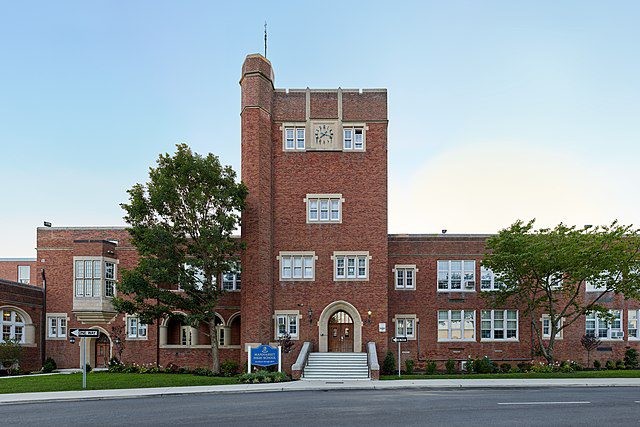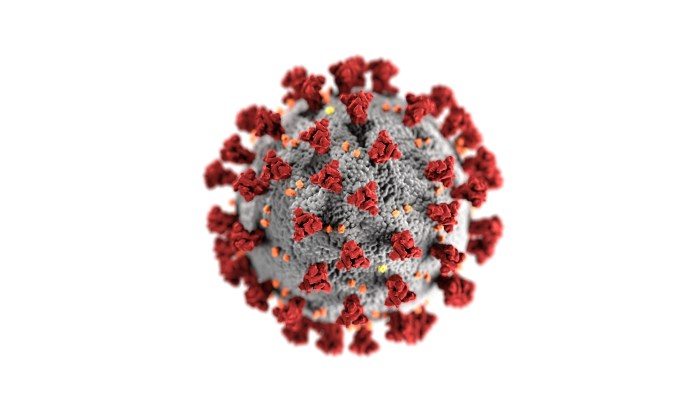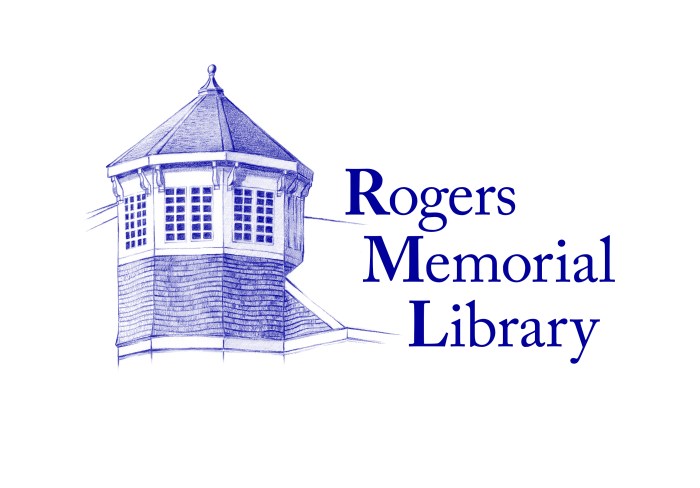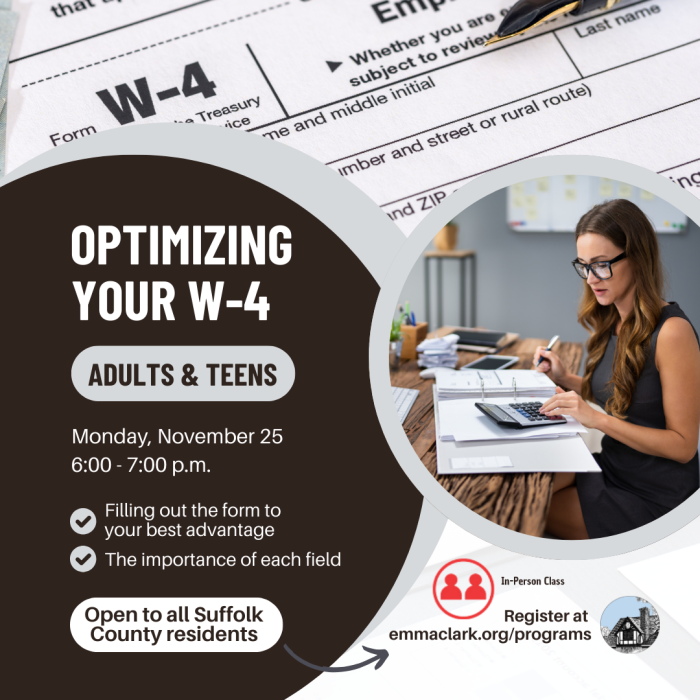
During a recent meeting, the Village of Garden City’s Board of Trustees unanimously passed a local law that will allow Superintendent of Public Works Joseph DiFrancisco to declare a “water shortage” and further restrict water usage in Garden City.
The new law is an amendment to Article II of Chapter 197 of the Code of the Village of Garden City, which addresses the subject of water conservation. Specifically, the amendment adds a provision: “The superintendent of public works is hereby empowered to declare a ‘water shortage’ and issue a ‘water shortage declaration’ as described herein, if the superintendent determines that there is an insufficient supply of water available that meets all federal, state, and county water quality standards.”
According to trustee John Delany, the law was proposed as a cautionary measure.
“[The board wanted] to give the superintendent another tool in his toolbox, if you will, so if it comes to a point where there is an emergency, he could declare it and take appropriate action,” Delany said.
The move comes just months after emerging contaminants were found in water systems throughout Long Island. In particular, the detection of carcinogens like 1,4-dioxane—which has been linked to liver and kidney damage, cancers and possible reproductive effects to those who are exposed long-term—provoked the New York State Department of Health to propose regulations that would implement strict maximum contaminant levels with a compliance deadline as early as March 2020.
The local law was developed because, while the regulations proposed by the New York State Department of Health are instrumental in improving water safety, they may also diminish Garden City’s water supply. Village officials wanted to be able to declare a water shortage and conserve water proactively if the new regulations do have this anticipated effect.
“Recent tests have shown that a number of Garden City’s water wells may not meet the proposed [maximum contaminant levels] and therefore will require a new form of treatment system that will not be operational by the proposed March 2020 regulatory deadline,” the local law states. “The village will not supply water that does not meet all federal, state, and county requirements, so any wells that require additional treatment to meet the [maximum contaminant levels] will be unavailable during the installation and testing of the treatment system, and the village’s available water supply therefore will be reduced.”
The Village of Garden City’s Special Environmental Counsel, David Yudelson, explained the reasoning behind proposed law and its projected effects to the board.
“There are certain contaminants, which are just now being regulated, and it’s not clear when the law will come into place and whether the treatment standards will be met in time, so in certain circumstances, it will be necessary to limit water to the most important uses—which would obviously be fire, schools, medical facilities—and not have it be used for less important purposes, such as irrigation. This is a protective measure that hopefully will never have to be used, but it’s necessary in the event that things don’t work out as people expect,” Yudelson said. “It’s unfortunate but unavoidable.”
Given the state’s quickly-approaching deadline, the amendment will enable Superintendent DiFrancisco to meet the pending standards by severely reducing water usage. Any water shortage declaration would have to include a temporary restriction on lawn sprinkling, filling swimming pools and/or new water connections.
“The new laws are proposed to address drinking water, so they don’t impact irrigation. We treat all of our water to the drinking water standards, and that’s why we don’t want it to be used for irrigation if we’re in an emergency situation where we don’t have adequate capacity to serve homes, schools and offices for drinking water purposes,” said Yudelson.
The local law also stipulates that any water shortage declaration and the restrictions it sets will be effective for 60 days, “unless renewed or withdrawn upon further notice to the mayor and publication on the village website.”
Additionally, the local law describes the penalties for violating its provisions. Violators will be punished with a fine of $2,000 for a first violation, a fine of $3,000 for a second violation and a fine of $5,000 for any subsequent violations.
The board’s unanimous decision is not a declaration of any emergency; rather, it is a part of an effort to guarantee that Garden City’s water is safe by all quality standards. “It’s another proactive step, as we have done since last July, on this water issue,” Delany said.































